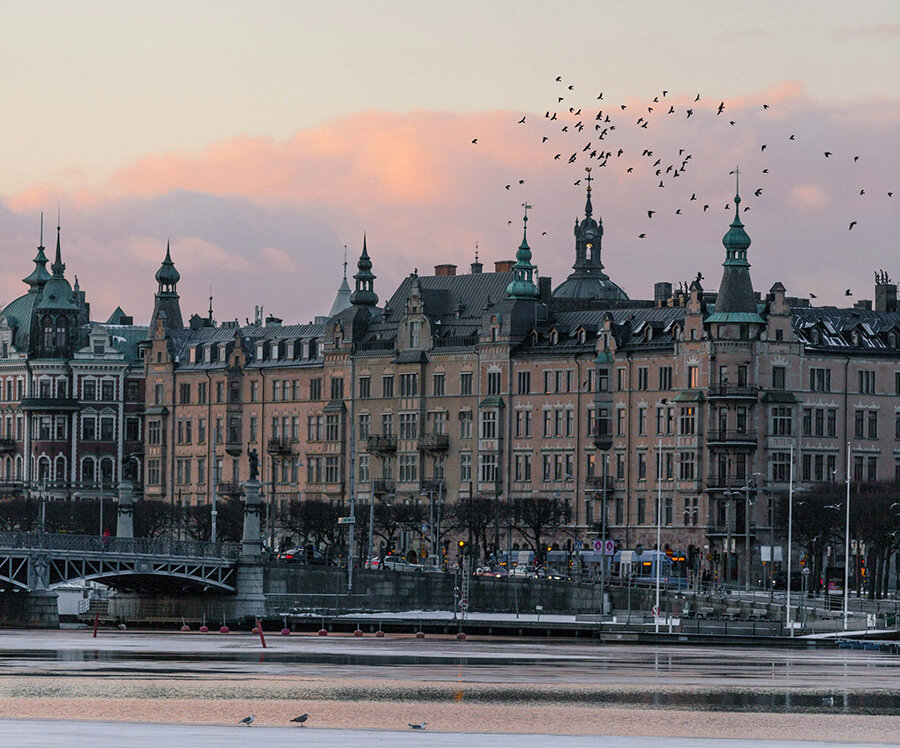Sweden to Simplify Work Permit Rules for Foreign Nationals

Photo: Unsplash
Sweden is preparing to amend its single permit system for work and residence for non-EU citizens. The reform is intended to align national law with the updated EU directive and improve the country’s competitiveness in attracting skilled workers, according to Nairametrics.
The draft bill has already been submitted to parliament. If approved, the new rules will take effect on May 21, 2026. The main innovation is the removal of the strict link between a foreign national and a specific employer or job title. Under the current system, changing a job or company requires reapplying. Under the new framework, workers would only need to notify the migration authorities. This is expected to reduce dependence on a single employer and strengthen legal protections for migrant workers.
Another major change is the extension of the initial permit validity — from six months to two years — to ease administrative burdens and increase stability for applicants. The job search period following dismissal will also be extended from three to six months for those who have lived in Sweden for over two years.
Additionally, the reform bans employers from passing permit-related administrative fees on to employees. The Swedish Migration Agency also plans to reduce the application processing time from 120 to 90 days — provided the application is complete.
These changes will bring Swedish law into compliance with the revised EU Single Permit Directive adopted in 2024. The directive requires EU countries to simplify access to work and residence permits for third-country nationals, while also strengthening legal safeguards and freedom of movement across the bloc.
The Swedish government has already endorsed the reforms. The law is expected to be passed in the coming months and take effect on May 21, 2026. Meanwhile, the country is preparing to tighten humanitarian migration rules. Authorities are considering revoking permanent residence rights for some categories of migrants — including refugees, UN quota beneficiaries, and those with humanitarian status or long-term EU residence. Instead, only temporary residence would be granted.
Sweden also plans to reform its citizenship laws by introducing mandatory language and civics exams, and stricter requirements for residence duration, income, and employment. Some measures have already entered into force in June 2025 — including mandatory in-person identity verification and additional background checks to prevent fraud and ensure national security.
Justice Minister Gunnar Strömmer stated the new rules are a response to growing threats such as violence, extremism, organized crime, and foreign intelligence activity. He emphasized that it will now be harder to "hide behind a second passport." The government also previously discussed stripping dual citizens of their Swedish citizenship if suspected of terrorism or subversive activity.
Other EU countries are taking similar steps. Denmark, for example, is considering an ideological filter to deny naturalization to individuals who reject democratic values — with particular concern directed at some Muslim communities, where authorities say anti-democratic views remain prevalent.
Overall, a new dual-track trend is emerging in EU migration policy. Governments are simplifying skilled migration procedures while tightening control over humanitarian pathways. This reflects a broader attempt to maintain an open economy while increasing oversight, integration, and public safety.








